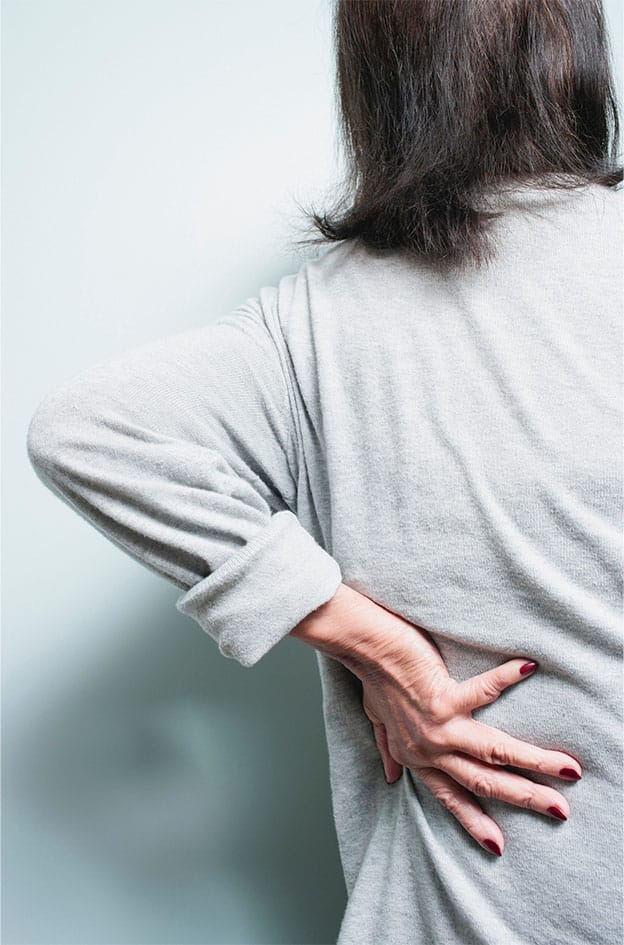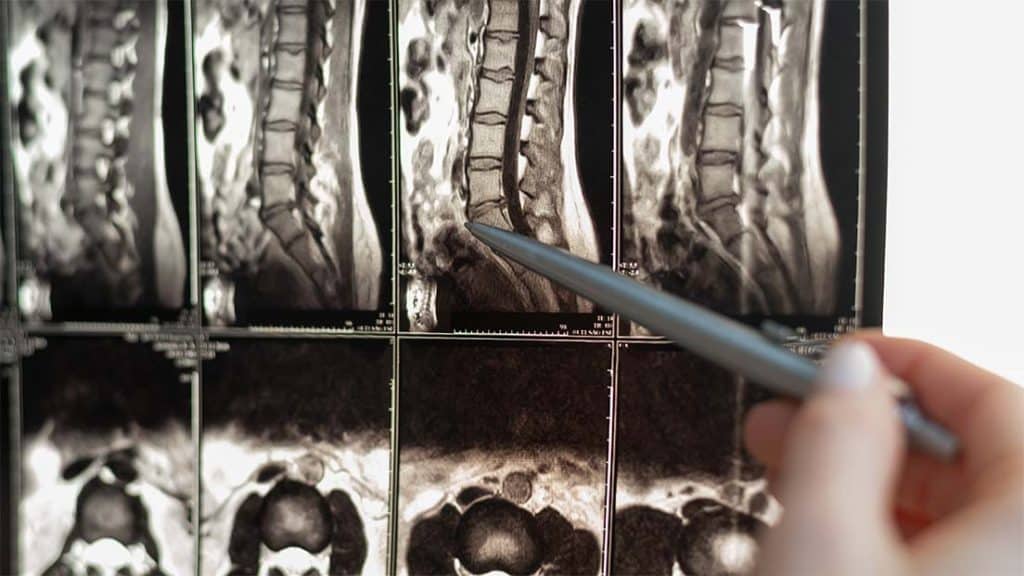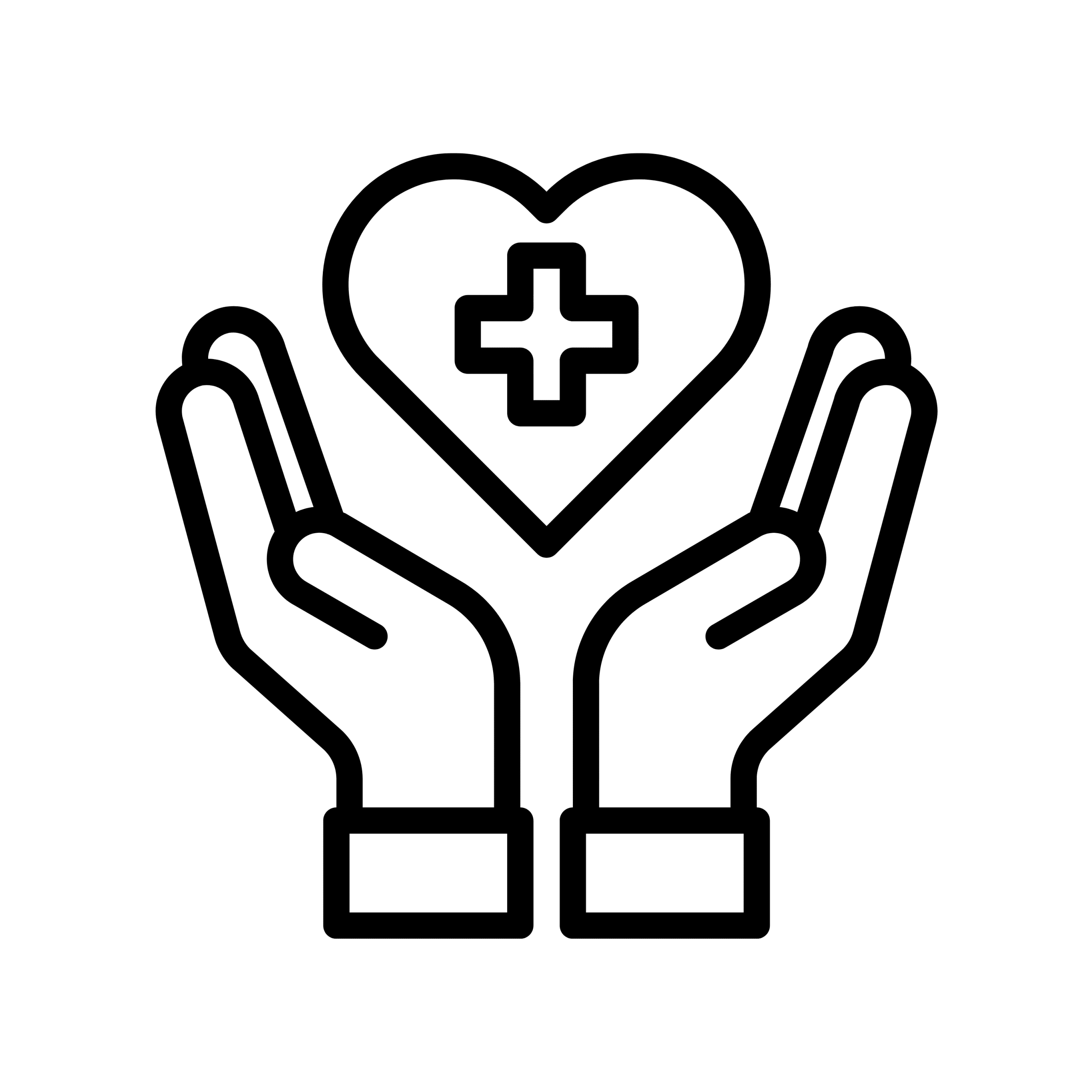Relieve Back Pain and Reclaim Your Life
Comprehensive Back Pain Solutions at Alpha Joints & Orthopaedics
Meet Dr Fong Poh Ling, Orthopaedic Spine Specialist
Dr Fong Poh Ling is a Senior Consultant Orthopaedic Surgeon at Alpha Joints and Orthopaedics, located in Novena Medical Center. Dr Fong offers a wide range of services including treatment for pregnancy-related musculoskeletal discomforts, spinal inflammatory disorders, spinal degeneration, prolapsed intervertebral discs, neck pain and stiffness, and osteoporosis, providing holistic care for various spine and musculoskeletal issues.
She completed her training and was conferred Fellow of the Royal College of Surgeons of Edinburgh in Orthopedic Surgery in 2013. She went on to further her training in spine surgery in Singapore General Hospital from 2014. In 2017 she was awarded the MOH HMDP scholarship and was able to gain further experience in the field of sagittal balance and degenerative scoliosis in Bordeaux, France.
Her interest is in the treatment of ageing and degenerative spine with special interest in sagittal balance and deformity. She also works closely with hospitals in China, especially in Nanjing (Nanjing Drum Tower Hospital) and Qingdao (Qingdao Municipal Hospital) in deformity work and education. As she is effectively bilingual, she has given talks on spine issues in Mandarin and also published an article in Lianhe Zaobao on neck pain.
Dr Fong is a dedicated educator, serving as a lecturer and mentor at NUS, LKC, and Duke-NUS Medical School, where she is also an Adjunct Assistant Professor. Previously, she was the Education Director of the Singhealth Duke-NUS Spine Centre. Additionally, she is a member of the Quality Improvement Committee, ensuring good healthcare practices and innovation.
In the Singapore Spine Community, she is the first female orthopaedic spine surgeon and is part of the diversity committee of the Singapore Spine Society. Her role is to engage female residents and to encourage more female presence together with the AOSpine global platform.
Outside of her professional work, Dr Fong is involved with the Tzu Chi Medical Association (TIMA) and has participated in providing surgical care in underprivileged countries. She has also taken part in relief work during acute disasters.
Understanding Your Back – Reasons for Back Pain


Common Back Conditions
A slipped or herniated disc occurs when the soft inner gel of the disc protrudes through the outer layer, pressing on nearby nerves. This can lead to intense pain, numbness, or weakness in the back and legs. It is often due to age-related degeneration or sudden injury, compressing nearby nerves. Common symptoms include sharp pain in the lower back, discomfort that worsens with movement, and pain radiating down the legs.
Sciatica is characterised by pain that radiates along the sciatic nerve, which runs from the lower back down through the buttocks and into each leg. Often caused by a slipped disc, sciatica can result in shooting pain, burning sensations, and tingling in the lower extremities. It typically affects one side of the body and can range from mild to severe.
Lumbar or spinal stenosis involves the narrowing of the spinal canal, which can compress the nerves traveling through the lower back and legs. It is often due to age-related changes like disc degeneration, ligament thickening, or bone spurs, leading to nerve compression. This condition often leads to pain, cramping, numbness, or weakness in the legs, especially when standing or walking. Symptoms may improve with sitting or leaning forward.
Degenerative disc disease is the gradual wear and tear of the intervertebral discs over time. This degeneration can cause chronic pain, reduced flexibility, and stiffness in the back. As the discs deteriorate, they may lose their cushioning ability, leading to increased friction between vertebrae and subsequent pain.
Comprehensive Diagnosis and Treatment Options
- Physical Examination: Assessing your back for signs of tenderness, pain, and range of motion.
- Imaging Tests: Using X-rays, MRI, and CT scans to get a detailed view of your spine.
- Functional Tests: Evaluating the impact of the condition on your back function.
- Non-Surgical Treatments: Medications, physical therapy, and epidural steroid injections.
- Surgical Treatments: Discectomy, laminectomy, or spinal fusion for severe cases.
- Persistent or acute lower back pain
- Pain that radiates to the legs or buttocks
- Stiffness or limited range of motion
- Muscle spasms or cramping
- Numbness or tingling in the back, legs, or feet
- Weakness in the legs or feet
- Pain that worsens with movement or prolonged sitting
- Difficulty standing up straight or maintaining a normal posture
- Pain that improves with rest or changes in position
- Sudden, severe pain after lifting heavy objects or an injury

Why Choose Alpha Joints & Orthopaedics?

Personalised treatment for patients
of all ages

Commitment to exceed
patient expectation

Conveniently located in Farrer Park, Gleneagles, Novena and Orchard
Frequently Asked Questions
To determine if you have a herniated disc, look for symptoms such as sharp or radiating pain in the back or legs, numbness, tingling, or muscle weakness. A healthcare professional can confirm the diagnosis through physical examination and imaging tests like MRI or CT scans. If you suspect a herniated disc, it’s best to consult a specialist for an accurate diagnosis and appropriate treatment.
Back pain after sleeping can result from poor sleep posture, an unsupportive mattress, or muscle stiffness from lying in one position for too long. It may also be related to underlying spinal issues or muscle strain. To address this, ensure you have a supportive mattress and use proper sleeping positions. If the pain persists or worsens, remember to consult a healthcare professional for further evaluation and advice.
Lifestyle changes that can help alleviate back pain include maintaining a healthy weight, practicing good posture, engaging in regular exercise, particularly activities that strengthen the core muscles, and using proper body mechanics when lifting or bending.
Certain exercises and stretches can help alleviate back pain by strengthening the muscles that support the spine and improving flexibility. Examples include gentle yoga poses, such as child’s pose and cat-cow stretch, core-strengthening exercises like planks and bridges, and stretches for the hamstrings and hip flexors. It’s important to perform these exercises under the guidance of a physical therapist or healthcare provider to ensure they are done correctly and safely.
Insurance Panel



Hospitals Accredited
Mount Elizabeth
Parkway East
Parkway Shenton
Day Surgery Centre Accredited
Novena
Get Back to Doing What You Love
Back pain shouldn’t hold you back. Reach out today to book an appointment with Dr Fong Poh Ling at Alpha Joints & Orthopaedics. Begin your journey to a pain-free and active life.
Send us your enquiry – Our responsive team prioritises fast replies and aim to schedule appointments within the same week whenever possible.

